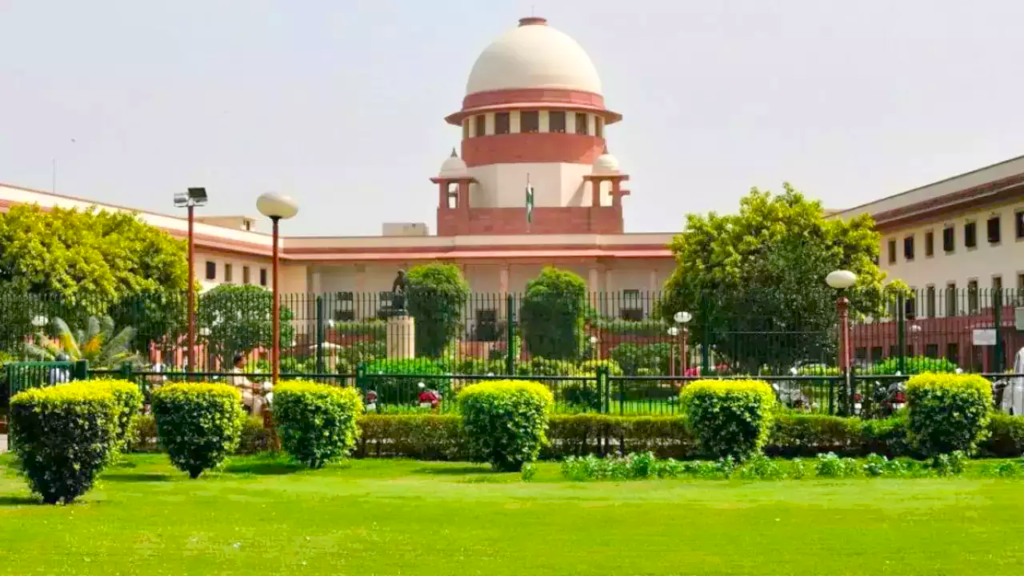Aarohi Girish Dhumale
The Supreme Court instructed the Central Government to submit a brief status report while hearing a Public Interest Litigation(PIL) filed in 2019 challenging the non-compliance of guidelines from the Tehseen Poonawala case . The Solicitor General of India informed the Hon’ble Court that mob lynching has been made a separate offence under the Bhartiya Nyaya Sanhita, 2023.
The case was heard by a division bench of Justice Suryakant and Justice N. Kotiswar Singh.
Initially, the Court observed that not all states had submitted their affidavits, leaving the case arguments incomplete. However, the Solicitor General later informed the Court that the petition might now be irrelevant, as mob lynching has been categorized as a crime under the new BNS. In response, the Supreme Court instructed the Central Government to submit a brief status report.
The PIL was filed by the Anti-Corruption Council of India Trust, which argued that incidents of mob lynching were on the rise, and that no concrete steps had been taken to implement the guidelines issued by the Supreme Court in 2018 (Tehseen Poonawala case).
In Tehseen Poonawala v. Union of India & Anr , the Supreme Court had urged Parliament to enact a robust law to address mob lynching and cow protection violence. The Court had warned that if such incidents were not curbed, they could spread nationwide like a “monster storm.” It had emphasized the need for a special law to instil fear of the law in those involved in mob lynching.
In July 2019, a bench led by former Chief Justice Ranjan Gogoi issued a notice on the Anti-Corruption Council’s petition, seeking responses from the Home Ministry and state governments. Now, with mob lynching classified as a crime under the BNS, the Supreme Court has directed the Central Government to submit a status report.
Instagram: Click here
LinkedIn: Click here
For Collaboration and Business: info.desikaanoon@gmail.com

